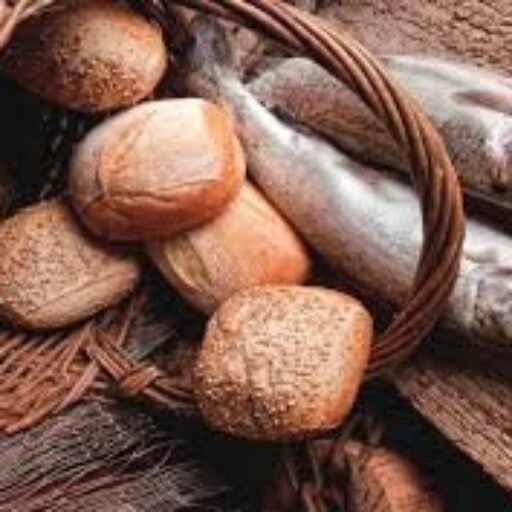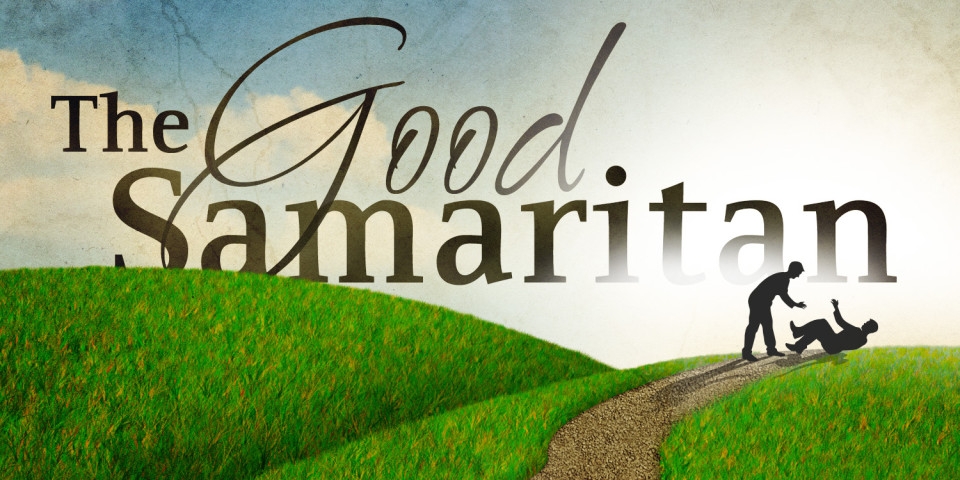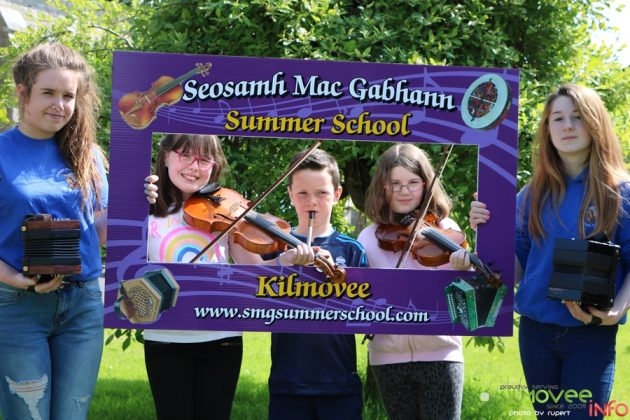
In or out of rhyme ….
I was asked earlier today to write a few lines for the tenth edition of our Parish Magazine. I said yes. There was no suggestion around what I should write but that’s the way the editorial team has been with me over the years. It’s left to myself. I was reminded of words I wrote nearly two years ago for the magazine. They’re elsewhere in this blog but I thought I’d bring them to the front again. It was a thought around the changes I’ve encountered since ordination but also of the consistency that remains for all of us, found in the day to day living of life and journeying in faith ……
There was, in poetry, a time
I thought things had to rhyme
That was, in poetry, the only way
At least that’s what I used to say!
But of that today I’m not so sure
Could it be I’m more mature?
The lines above speak to something of the truth. As a student in St Nathy’s College, I never fully understood poems that didn’t rhyme. More than that, I disliked them and the “poets” who wrote them so obviously unaware that poems should have a rhyming pattern. I remember pointing this out on one occasion, only to be told by a fellow pupil who understood things at a deeper level than I and who knew, even then, that poems didn’t have to rhyme: “Vincent, that is the basic essence of poetry”! I disliked him as well that day (had I been on Facebook, I’d probably have de-friended him!!)
It was handy when the poem rhymed! It was easier to learn, easier to remember and easier to churn out on a page of an Inter or Leaving Certificate answer book.
Back to the poetry!
So is that I’m more mature?
Like you, of that, I’m not so sure
From whence then came the clue
Some don’t rhyme and some just do
The answer I suppose lies in life … as a boy, a student in Maynooth, a newly ordained priest I thought answers were easily found. Things had an order about them – a sort of pattern like the rhyming poem. Before I was ordained, people wished me well. They seemed genuinely interested in what I was doing, felt the need for me to be a priest and, when I was ordained they assured me of their prayers, friendship and lasting support.
Most people went to Mass. Churches were well filed, if not full most of the time. Prayers were said and it seemed so important to keep the Parish together. I enjoyed those early days. I drove too fast and missed a lot of what was so powerfully on display. Good and decent people, doing the best they could for family, church and parish – for me; “the new curate!”
The rhyme was in full flow ……
“The Lord be with you”, I would say
“And also with you” as one we’d pray
Great to see you and so it was
And then to think we’d stand and pause
Sins confessed, Sacred Story shared
His Body for all, nothing spared.
First baptism, first wedding – such joyful occasions, shared easily with people oozing joy. Their new child, their early days of love, how easily to stand with them on days like that when photos were taken, words spoken and happiness owned the day. I don’t remember the First Confession I heard and often think that tells its own reassuring story of the sacredness of that Sacrament. Lines drawn in the sand, and no need to re-live or re-visit – that’s the way it’s meant to be, people move on renewed and refreshed having been forgiven by one in need too of God’s forgiveness. The rhythm of the Sacraments added its own shape to the rhyme.
He died in a tragic accident. His wife and children were devastated and the community drew to a halt. I went to the hospital for the removal and an elderly woman told me afterwards how sorry she felt for me in my short-sleeved shirt. I could as easily have been a boy in short trousers. Words were scarce and the rhyme was gone … it’s hard to speak in rhyme or think in rhyme when people’s hearts are broken. There were others like that, sudden deaths, car accidents, cancer and sickness, relationships ended, rows between people, loss of Faith, decline in practice, indifference, hostility, doubts and anger, nobody in Maynooth …. and still the whispered refrain “I the Lord of sea and sky, I have heard my people cry. I who made the stars of night, I will make their darkness bright …… Whom shall I send?”
Somewhere in and through all of this, unknown to myself, I leaned that …..
poems don’t have to rhyme but
they should speak
to a soul in need of Grace
a wound in need of healing
a heart in need of mending
a darkness in need of light
a thought in need
of sharing
And that’s what I want to say. Despite the difficulties and the sadness, the changes and the uncertainties, the Poem must go on. We must find time to share thoughts and place with one another, to bring people to that point where the Word is heard even if not fully grasped and prayers are prayed even in uncertainty.
I hope this piece isn’t out of place here – It’s just another angle, another verse in a lifelong poem, shared not by a poet but one who is privileged to share this place with all of you in a very special way and by one who depends so heavily on all of you for word and verse, song and tune, prayer and peace!
Rhyming or not, what we are living is poetry.




